Edgar Cervantes / Android Authority
Android has been around for over a decade, with the OS steadily gaining maturity over the years as it found its way onto the best smartphones. Most people recognize Android as the operating system they can use on their phone, but they often hear about “rooting” as the door that unlocks even more potential on their Android device. But what does it mean to root a phone? What can you do with root, and is it safe to root a phone? And finally, should you root your phone? We answer all of these questions and more in this guide.
QUICK ANSWER
Rooting a phone means you acquire elevated, administrator-level privileges over the operating system on your phone. This lets you perform actions that were previously locked and unavailable. However, rooting a phone comes with substantial risks, which is not recommended.
JUMP TO KEY SECTIONS
What does it mean to root a phone?
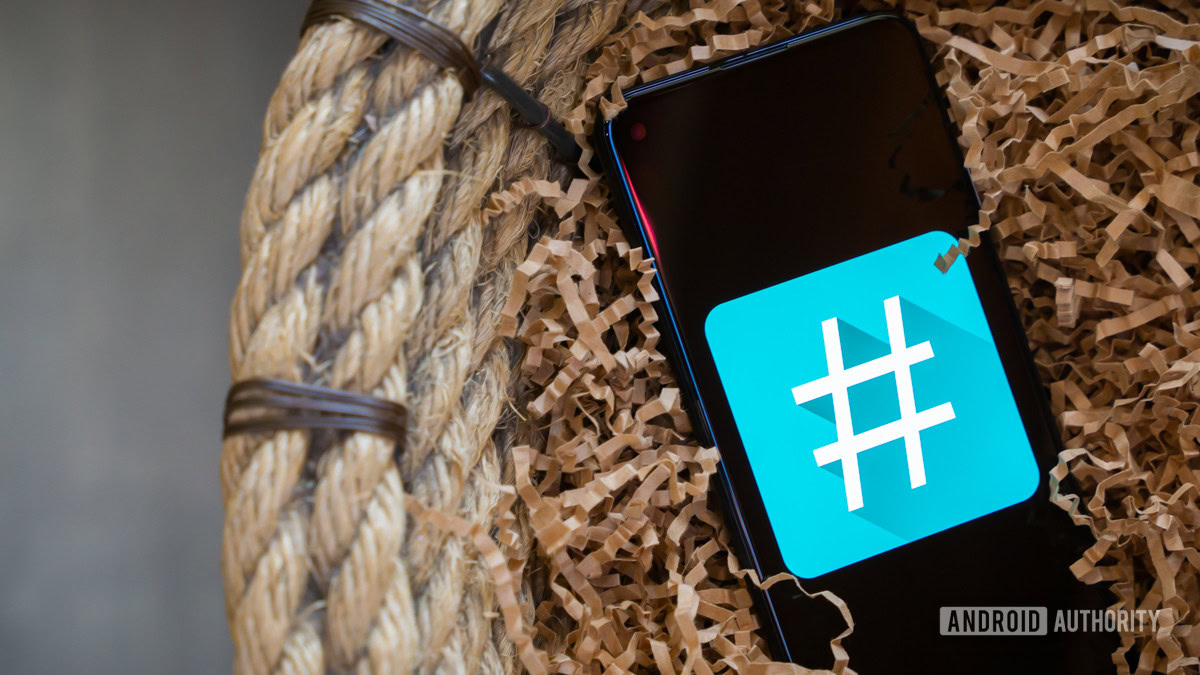
Edgar Cervantes / Android Authority
“Root” is a word you commonly hear in the Android modding community. In a nutshell, “rooting” means acquiring root access, which is another way of saying that you have higher-level permissions to carry out special actions that you ordinarily could not.
Android already allows for plenty of customization and flexibility to users in setting up their phones. But if you want total and close-to-absolute control of the OS, you would need root access. Rooting an Android phone grants you superuser access, letting you perform administrator-level tasks such as removing system apps, surfacing hidden features, and more.
There’s a reason this level of privilege is not easily granted to every Android user. Most people don’t need root access and will likely break some critical functionality on their expensive phones if they have such permissions. So root access is best left to people who know what they are doing.
For most Android devices, rooting and the processes needed to achieve root will likely void the manufacturer’s warranty. If something goes wrong with your phone, your manufacturer will no longer be obligated to fix it under warranty. There are scenarios where a warranty is supposed to remain applicable, but most manufacturers will sweep all circumstances under the blanket rule: no warranty upon root.
Is rooting your phone safe?
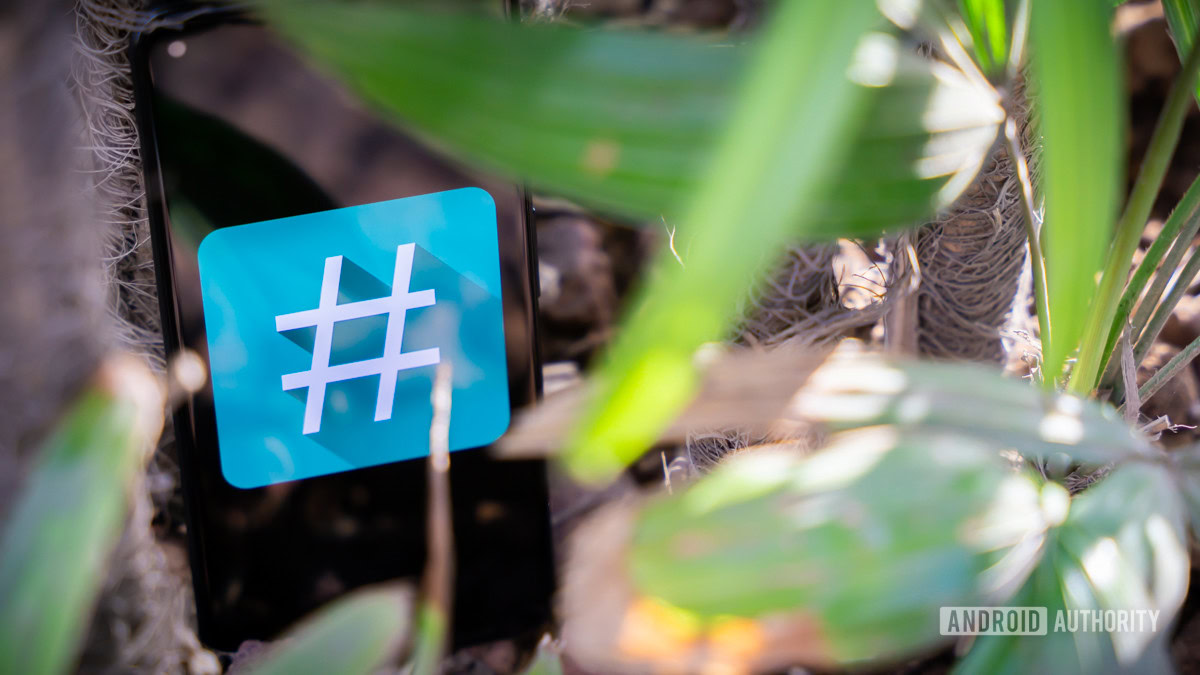
Edgar Cervantes / Android Authority
No, we do not consider rooting a phone as “safe.”
Rooting your phone comes with risks associated with the rooting process and the possibilities after rooting. For the vast majority of Android users, rooting involves risks they simply don’t need exposure to, so they should not proceed with it.
Note that getting higher privileges by itself is not what we consider unsafe. But often, manufacturers lock root access behind a locked bootloader and other restrictions, giving rise to avoidable complications.
Bootloader unlock and SafetyNet
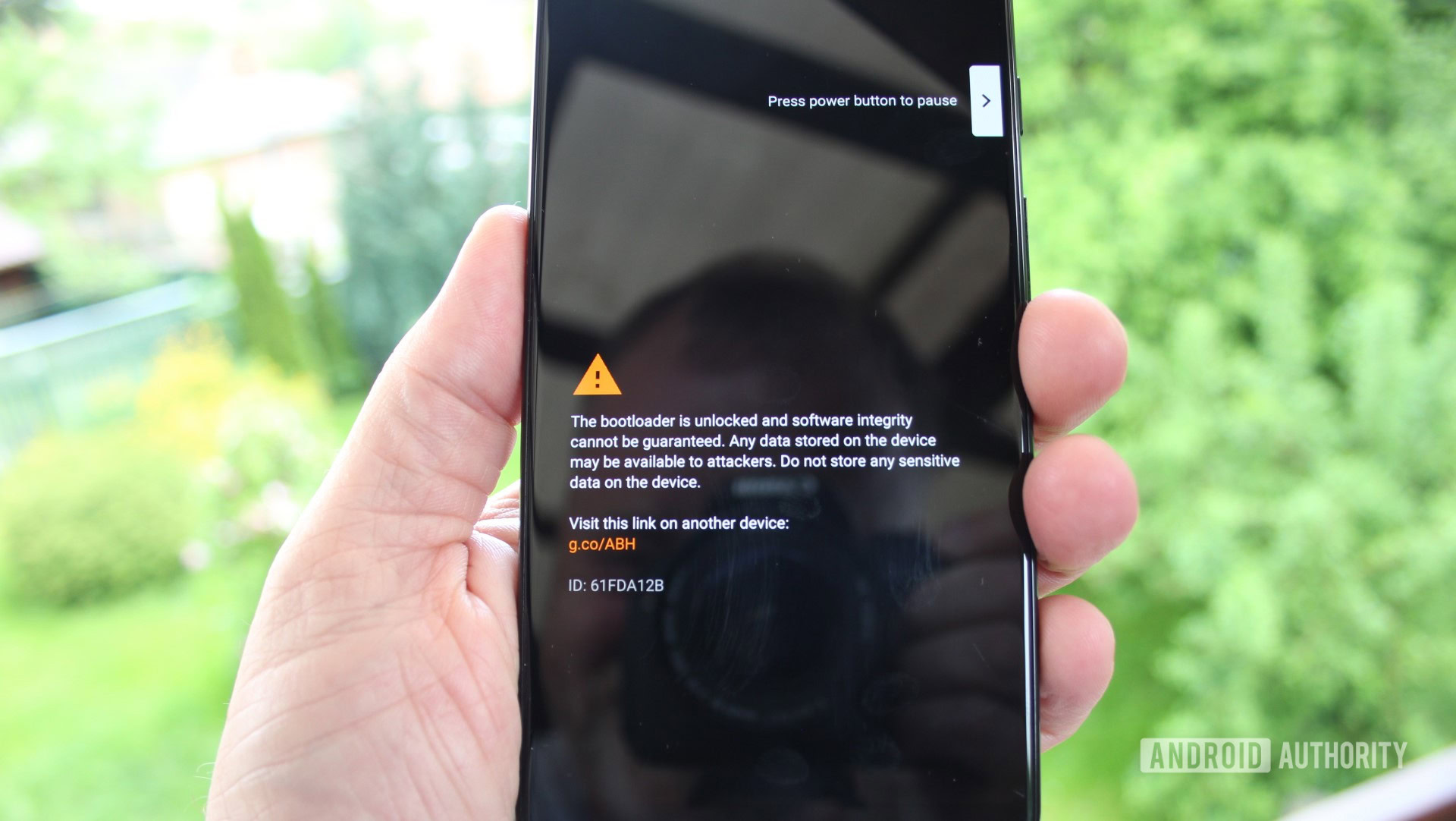
Gary Sims / Android Authority
Unlocking the phone’s bootloader removes a big security checkpoint against bad actors. It also trips SafetyNet on most phones. App developers widely use SafetyNet to determine if a device and its system firmware have been tampered with. Banking apps and other high-security apps require an untampered operating system to work in, and hence, they refuse to work when SafetyNet is tripped. So if you are planning to root your phone, you can expect some of your essential apps to stop working as the security model of Android gets compromised.
Many manufacturers will not allow the bootloader to be unlocked either, so enthusiasts have to find hacky exploits to achieve root, which often comes with the possibility of bricking your phone.
Tripping Knox
Some phones, like all Samsung Galaxy smartphones, come with hardware fuses. Once you unlock your bootloader on these phones, you trip Knox and the hardware fuse. This tripping will permanently and irreversibly disable certain functionality like Samsung Pay and Secure Folder.
Post-root
Once you have root access, there are a plethora of changes that you can make to your phone that has the potential of breaking critical functionality. In worst-case scenarios, you can brick your device, i.e., do irreparable damage to the system to the point that the phone does not start anymore and cannot be fixed easily.
When you do get root access, it also opens the door for bad actors to get root access. Security exploits use root access as an easy entry point for malware, and that’s the last thing you want on your phone.
What can you do with a rooted phone?
Rooting isn’t an entirely futile exercise, either. There are plenty of legitimate reasons why people root their phones. We’re listing some of the widespread use cases, but note that this is not exhaustive. You indeed can do a whole lot with root.
Remove bloatware
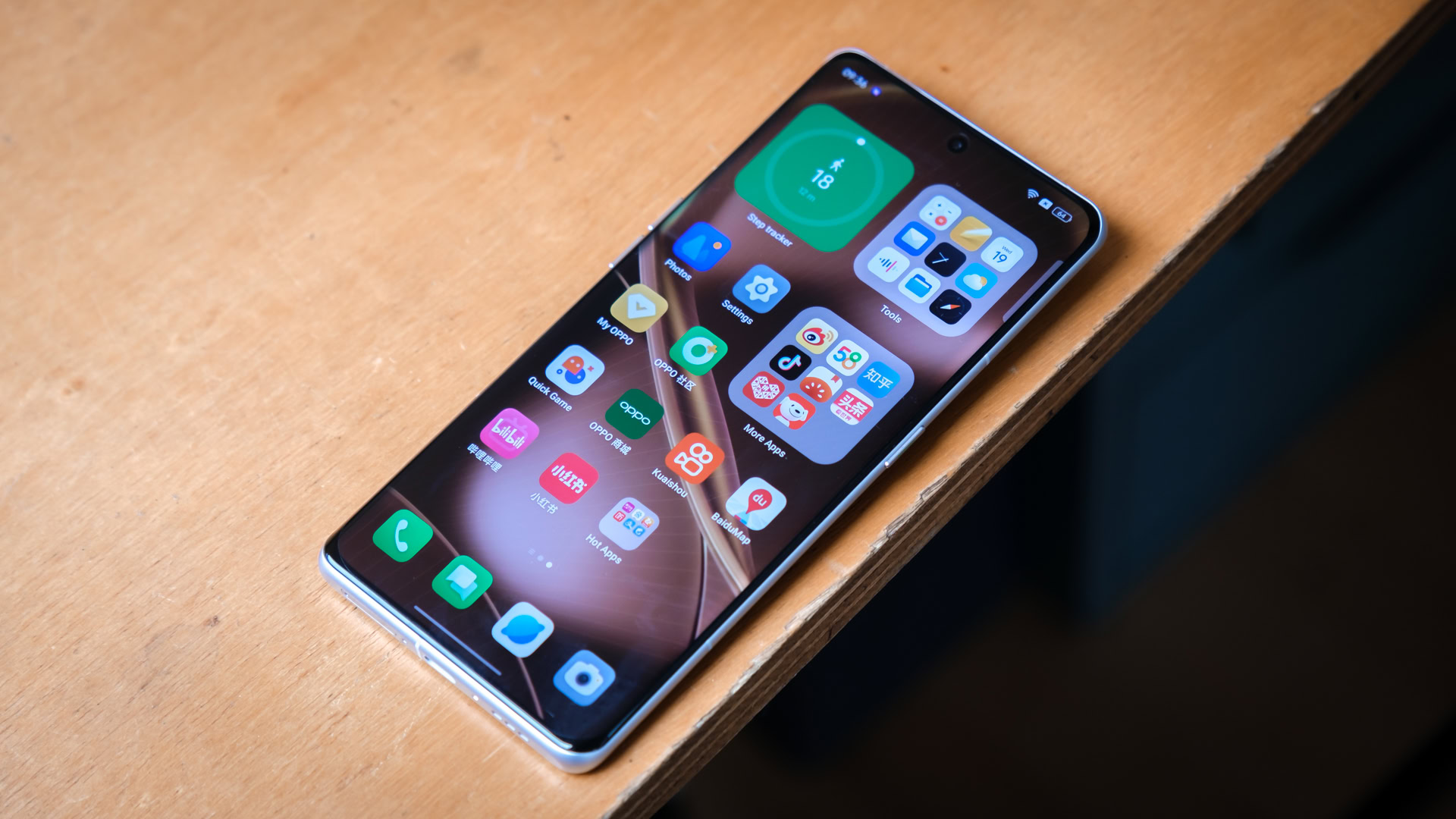
Robert Triggs / Android Authority
The biggest reason that pushes a lot of people into rooting their phones is bloatware. Phone manufacturers continue to bundle unnecessary apps on phones, and sometimes, the phone becomes too annoying to use. They also sneakily bundle many of these annoying apps as system apps, so users cannot easily remove them. For this, you need root access to remove a system app permanently.
Powerful automation
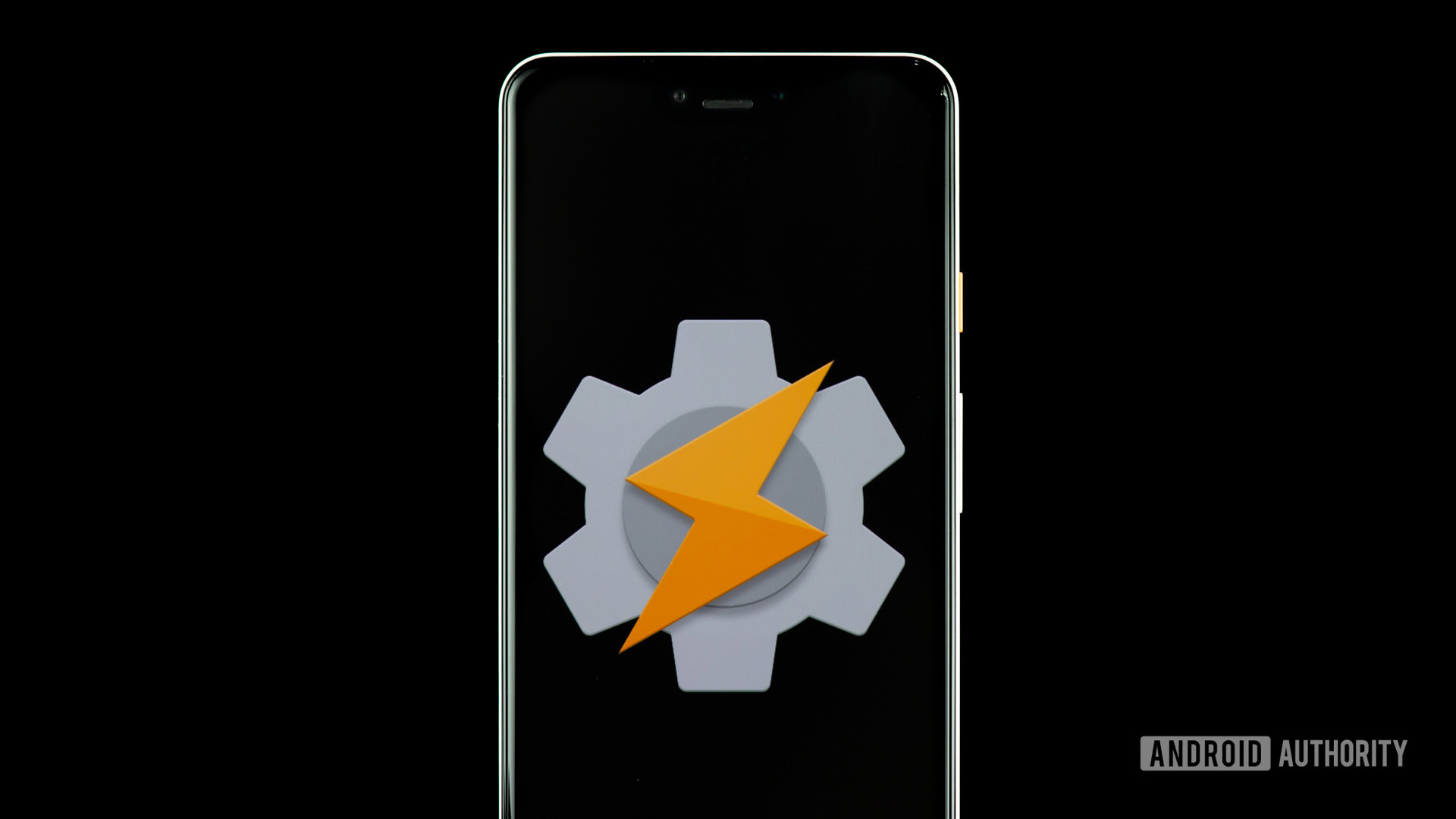
Edgar Cervantes / Android Authority
For power users, rooting opens the door for unique automations through apps like Tasker. You can create remote camera triggers and even have voice-activated camera controls; you can back up your SMS, MMS, and call log automatically, create an advanced battery log alongside real-time battery drain warnings, and more. With apps like Tasker coupled with root, your only limit is your imagination.
Reliable backups
This was a big reason for rooting back in the early days of Android, though it has shrunk in significance ever since we got robust Android-to-Android migration. But even now, if you want rock-solid backups, you need apps like Swift Backup and Titanium Backup.
Customization
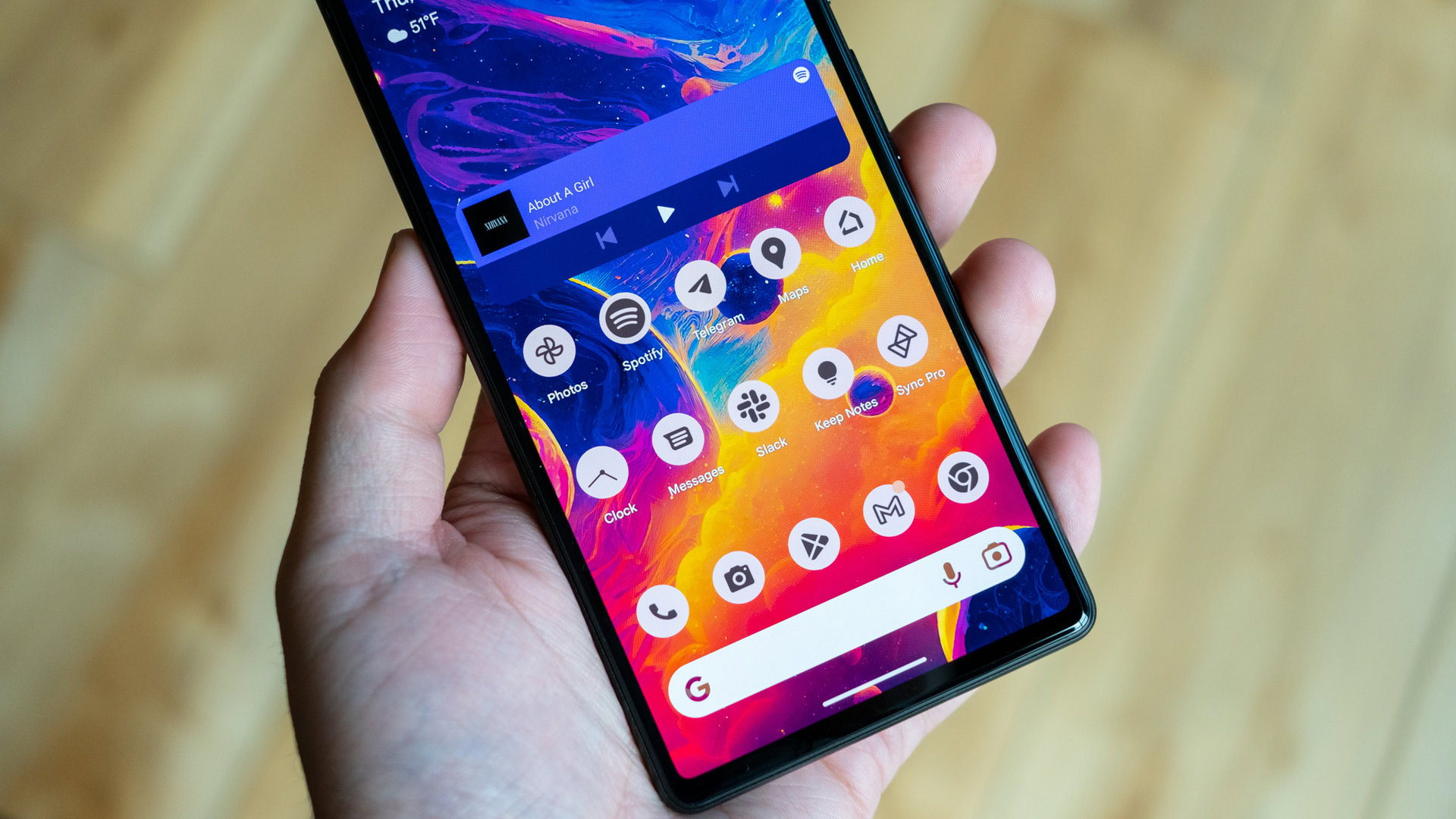
Ryan Whitwam / Android Authority
While you can customize Android a lot without root, root really opens up the possibilities of what you can do. Some mods like Ambient Music Mod bring the much-loved Pixel feature to non-Pixel phones, requiring root for one of its settings. LiveBoot is an app that outputs your logcat as a boot animation. There’s also Repainter that brings customizable and dynamic Material You theming to any Android 12 and above device. And that’s just scratching the surface.
Remove ads
While removing ads per se does not require a rooted Android phone, you can remove ads completely with host file modifications that apps like AdAway can do easily.
Enable hidden features
Root also opens the gate for using apps like Root Activity Launcher, which lets you start activities within an app that the developer has developed and shipped but has not yet enabled.
Should you root your phone?
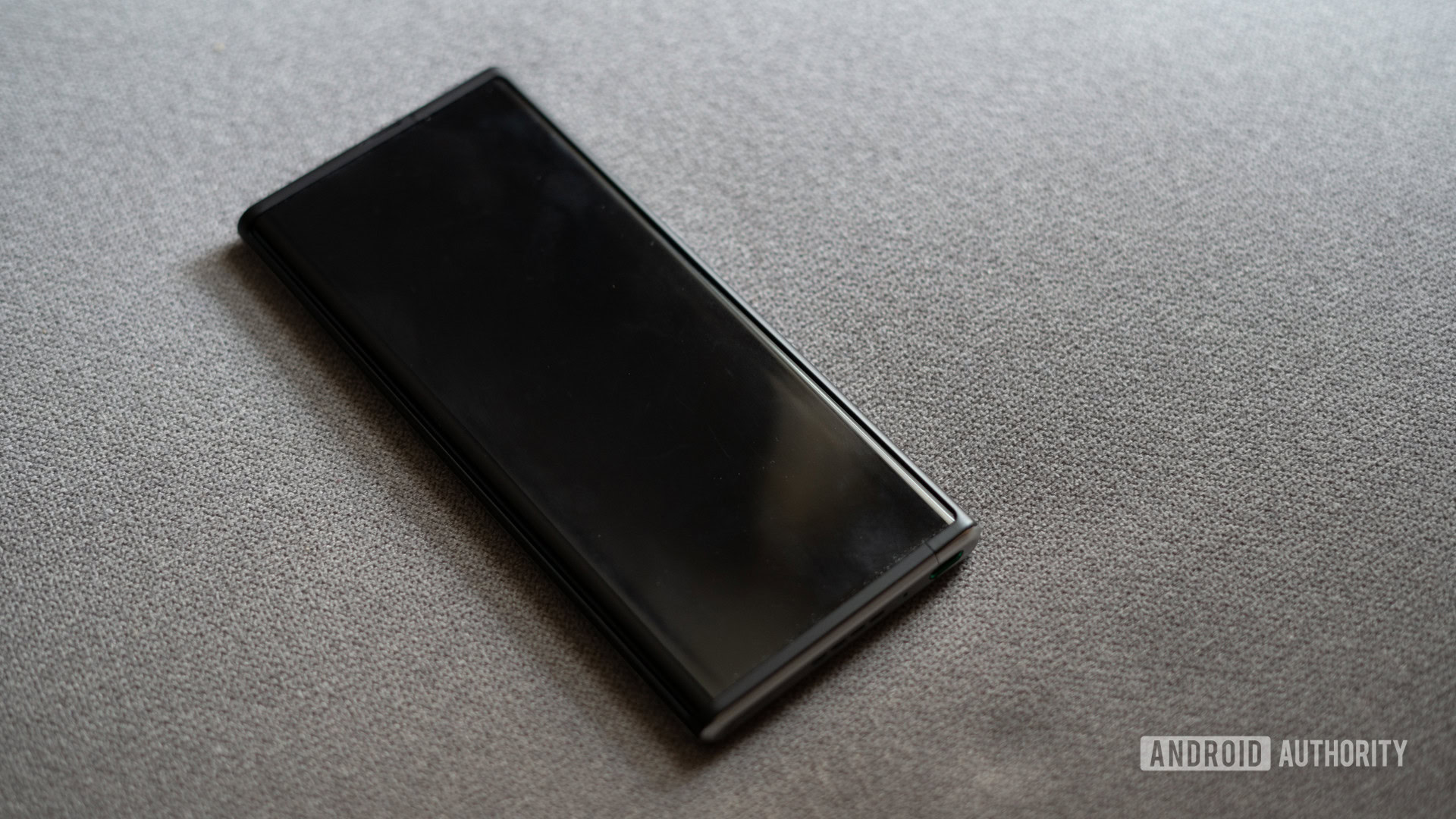
Dhruv Bhutani / Android Authority
So far, we’ve explored the risks associated with rooting your phone and the benefits you can get from the process. As readers, you can make your own decision, but we would continue to advise users to avoid rooting.
For most consumers, the risks of breaking their phone during and after rooting are too high, making it difficult to recommend root as a blanket suggestion. We strongly advise readers to avoid rooting their phones, especially if they intend to root the primary phone they use daily.
If you do intend to move forward with rooting, please understand the risks associated with the process. Be mentally prepared for a broken, unresponsive phone if you mess up the instructions or make a silly mistake.
FAQs
You can use apps like Root Checker to check if you are already rooted or not.
Depending on the phone, there are methods that will unroot the device. However, these methods are not available for every rooted phone. Please check for the same before rooting your phone.
No, rooting is not illegal and does not make a device illegal. Rooting is a legal and valid modification to make to a phone.
Most rooting methods will permanently modify your phone, and a factory reset will not remove root. You will need to flash a stock ROM to remove root.









